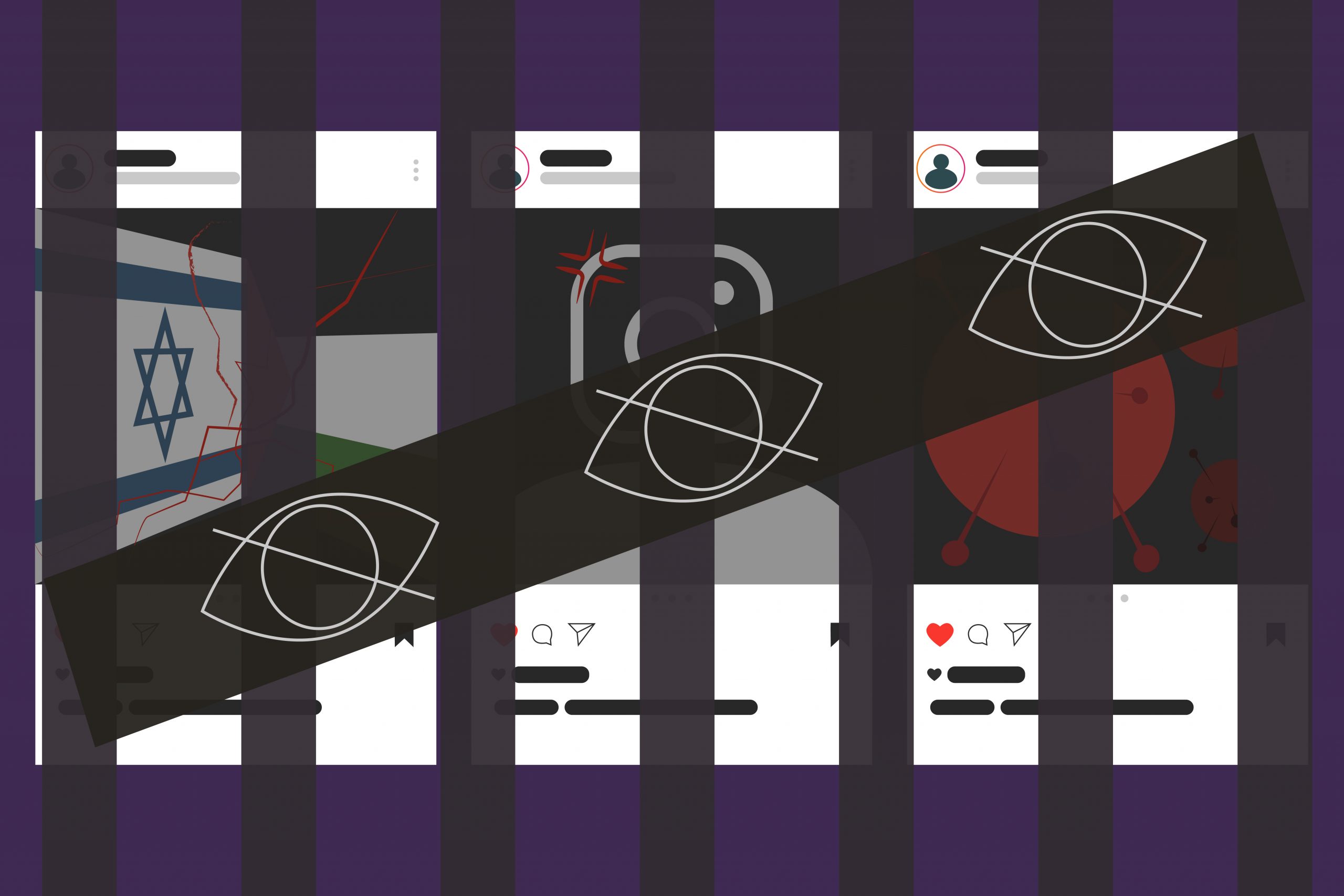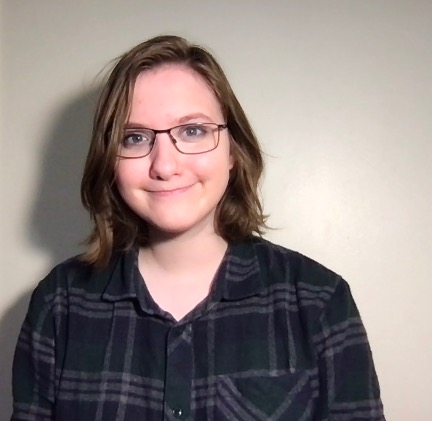Since their advent, social media platforms such as Instagram have been one of many catalysts for an increasingly global society. Social media connects not only friends and family, but also strangers from opposite sides of the globe, forming bonds between those who would otherwise have never met.
Beyond their potential for interpersonal connection, these platforms act as a passive method of global news distribution through the eyes of the everyday person. Anyone with an internet-connected device can make an Instagram account, and anyone with an opinion or issue to voice is free to do so.
Such is true in theory, at least. Debates surrounding the censorship of sensitive posts and material have circulated for the entirety of Instagram’s lifespan, with users repeatedly bringing into question its policies surrounding content such as female nudity and drug use.
As a private organization, some have made the argument that Instagram reserves the right to moderate their website as they see fit, especially when it concerns user security and illegal activity. Nick Clegg, Facebook’s vice president of global affairs and communications, argues that internet censorship and regulation is not only beneficial, but necessary. He proposes what he claims are “bipartisan solutions” regarding regulation, such as reforms to Section 230, which would allow social media platforms such as Instagram continued protection against legal action concerning user content, so long as they “…can demonstrate that they have robust practices for identifying illegal content and quickly removing it.”
These robust practices could entail a number of different solutions, including automatic detection of restricted content, a system of user-moderated reporting or a combination of different methods. Clegg argues that the necessity of this system is rooted in the fundamentality of the distinctly American consciousness in and around global internet spaces, which are “shaped by American companies and American values.”
The extent to which the international internet sphere is governed by American values alone can be debated, but the preservation of security online is pointedly critical to Clegg’s ideal — one that is not shared by all.
There are proponents of Instagram censorship, certainly, especially as concerns arise surrounding digitally altered images and their effect on an impressionable young userbase. However, others propose furtive political motivations behind Instagram’s censorial actions, hidden behind the guise of supposed mistakes in the algorithm.
Recently, the ongoing Israel-Palestine conflict drew the eyes of Westerners following a recent conflict in Gaza where more than 240 people were killed. Those hoping to speak out about the event found it difficult to do so when their accounts were removed following any attempt to show solidarity. Instagram’s Adam Mosseri later described the event as “a bug,” a move that critics found dishonest. Many hypothesized the removals may have actually been intentional.
Instagram was not the only platform criticized for its treatment of Gaza-related topics. WhatsApp, a commonly used messaging tool, was recently reported to have blocked reporters based in Gaza, though this incident was also claimed to be accidental.
Additionally, 7amleh, The Arab Center for the Advancement of Social Media, reported that during the year 2020, “social media platforms such as Facebook, WhatsApp, and Twitter, continued to collaborate with Israeli security units, and Palestinian content online continued to be censored indiscriminately as a result of the policies of the platforms.” The organization would go on to launch a program titled “#Hashtag Palestine 2020,” which chronicles digital rights violations that occurred concerning the Palestinian people throughout the course of the year.
Users found similar complaints regarding Instagram’s treatment of issues surrounding the COVID-19 pandemic. Indian users, who had previously been using the site as a way to access medical care and available hospital beds, now found that their content was being restricted. This included the deletion of posts and, disturbingly, private chats. Much of this content was presumed to have been censored on behalf of the Indian government, as many of the targeted citizens were publicly critical of the government’s handling of the crisis.
What does this mean for Instagram?
While the removal of harmful posts is certainly within the platform’s legal rights, some feel as though the censorship of posts relating to the pandemic is overtly harmful. Considering India’s high rate of COVID-19 infection and mortality, the suppression of such illuminating arguments could invite future misinformation in their place. In fact, if the severity of India’s pandemic situation is being hidden behind a false veneer, that is exactly what is going to happen.
China suffered similar suppression during the beginning of the pandemic — governmental control over media led to an inaccurate view of the magnitude of the event. Misinformation surrounding COVID-19 runs rampant regardless of country, and the censorship of Indian posts regarding the topic offers a sharp contrast to Instagram’s own attempt to address misinformation through their fact-checking implementation.
As a private company, Instagram reserves the right to remove whatever content deemed to be unfit for the platform. Censorship, as it pertains to Instagram, is intended to prevent the creation and circulation of harmful and misleading ideas, ensure the platform is suitable for all ages and discourage bullying. The limits on what a user can or cannot post are going to naturally differ based on their country, as what might be permitted in one location might not be in another.
However, the intent behind Instagram’s use of censorship becomes questionable when the actions taken are actively harmful to those seeking medical attention, or those hoping to draw attention to local and international issues. When Instagram initiates actions that are not to the benefit of its users, this censorship stops being a mechanism for safety. These instances, which encompass the removal of content relating to one’s rights and well-being, may need to be discouraged by Instagram as a private organization.
Though what is shared by individuals is not under Instagram’s control, they still hold the cards when deciding what to suppress, and their jurisdiction makes a sizeable impact on virtual society worldwide.

















